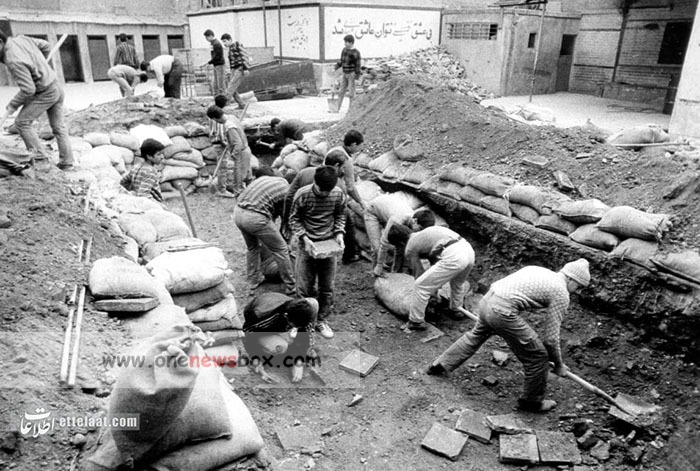The Debate Within the Iranian Leadership
The aftermath of Khorramshahr’s liberation sparked a heated debate within Iran’s leadership. According to some accounts, Ayatollah Khomeini and certain military leaders advocated for accepting the UN ceasefire and focusing on rebuilding the nation. Others, led by Akbar Hashemi Rafsanjani, argued for pressing the advantage and pursuing regime change in Iraq. Rafsanjani and his supporters believed that capturing Basra and controlling the Basra–Baghdad route would precipitate the collapse of the Ba’ath regime.
The Decision to Enter Iraq
On June 23, 1982, Saddam proposed a peace agreement, suggesting negotiations within two weeks. The Iranian leadership rejected the offer, choosing instead to carry the war into Iraq. The idea was that by capturing Basra and cutting Iraq’s access to the Persian Gulf, the regime would collapse. This decision set the stage for some of the deadliest operations of the war.
Between 1982 and 1988, Iran launched a series of major offensive operations, relying heavily on “human wave” tactics that mobilized volunteers, including child soldiers, Basij fighters, and Revolutionary Guard units. The operations aimed at capturing Basra — conducted across the marshlands and southern Iraq — resulted in massive casualties for both sides.
Iraq’s New Position and the Role of the UN
After Iran rejected the UN proposals, Iraq embraced a pacifist stance and sought to justify its increasingly brutal war tactics. The Iraqi military resorted to the widespread use of chemical weapons and launched airstrikes on civilian centers, oil installations, and oil tankers in the Persian Gulf. Iraq also laid millions of landmines along the contested border and in the marshlands.
Throughout the war, Iraq received significant financial and military aid from both Eastern and Western nations. The United States, West Germany, the Soviet Union, and numerous Arab nations offered economic and military support, making Iraq one of the best‑armed nations in the region. This external support further tilted the balance in Iraq’s favor as the war progressed.

